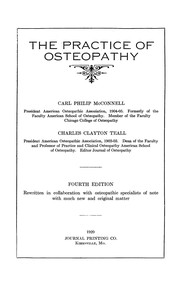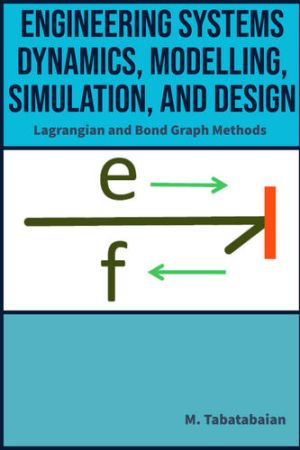Ancient Bronze Age Settlement Discovered in Caucasus Mountains Using Drone Mapping
In the Caucasus Mountains, drone mapping has uncovered Dmanisis Gora, an ancient settlement dating back over 3,000 years. The project, led by Dr. Nathaniel Erb-Satullo and Dimitri Jachvliani, employed drones to capture high-resolution images of the site, revealing a vast defensive wall, graves, and other structural remains. The discovery challenges previous assumptions about the size and complexity of the settlement, offering new insights into ancient urbanism. By comparing drone-generated data with Cold War-era satellite images, researchers have gained valuable information on population dynamics, agricultural practices and socio-economic structures of the time

A groundbreaking discovery has been made in the Caucasus Mountains where an ancient Bronze Age settlement, Dmanisis Gora, has been mapped using drone technology. This site, believed to be over 3,000 years old, reveals new insights into the evolution of large-scale settlements during the Late Bronze Age and Early Iron Age. Spanning an area far larger than initially expected, the research offers a fresh perspective on ancient urbanism and interactions between sedentary and mobile communities.
Drone Mapping Reveals Extensive Settlement
As reported by Science Daily, the project led by Dr. Nathaniel Erb-Satullo, Senior Lecturer in Architectural Science at Cranfield Forensic Institute and Dimitri Jachvliani, co-director at the Georgian National Museum, employed drone technology to create high-resolution models of the site. The drone, equipped with advanced imaging tools, captured nearly 11,000 photographs, which were later used to generate detailed maps of the settlement. This method allowed the identification of fortification walls, graves and other structural remnants spread across a vast area.
The site, originally thought to be much smaller, was found to include a 1-kilometre-long defensive wall protecting an outer settlement. This finding significantly alters the understanding of the region's settlement patterns, which were influenced by interactions with pastoral communities and seasonal population dynamics.
Integrating Modern and Historical Data
To further analyse the settlement, drone-generated images were compared with declassified satellite imagery from the Cold War era. This comparison highlighted changes in the landscape over decades, distinguishing ancient features from those impacted by modern agricultural activities. Geographic Information System (GIS) software was employed to integrate and analyse the diverse datasets, revealing patterns in the site's expansion and usage over time.
Dr. Erb-Satullo noted to Science Daily, that these findings offer invaluable data on population density, agricultural practices and the broader socio-economic landscape of ancient societies. Continued excavations have uncovered artefacts such as pottery shards and animal remains, shedding more light on the lives of the people who inhabited Dmanisis Gora. This research underscores the potential of drone technology in unearthing and documenting historical sites on an unprecedented scale












)

























































